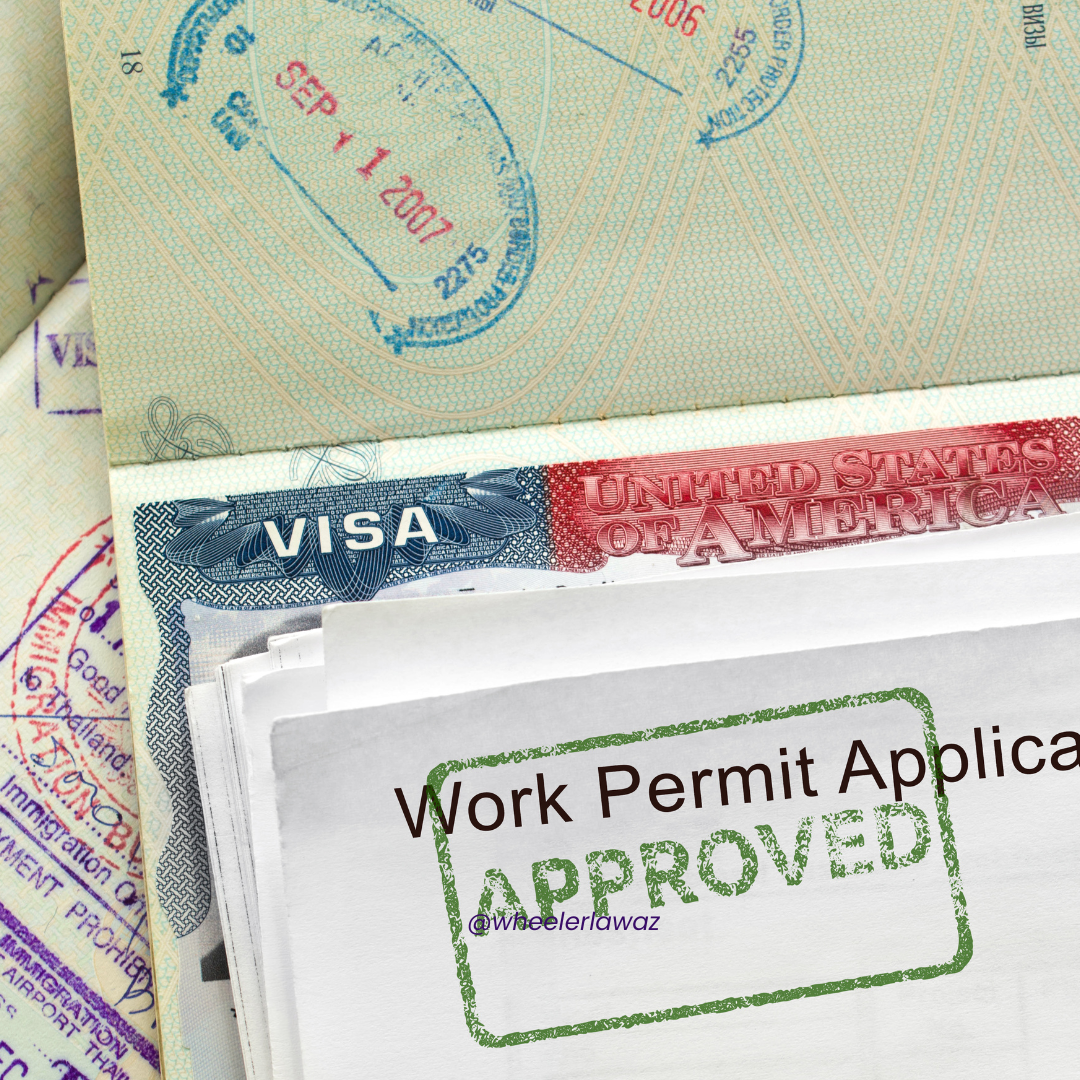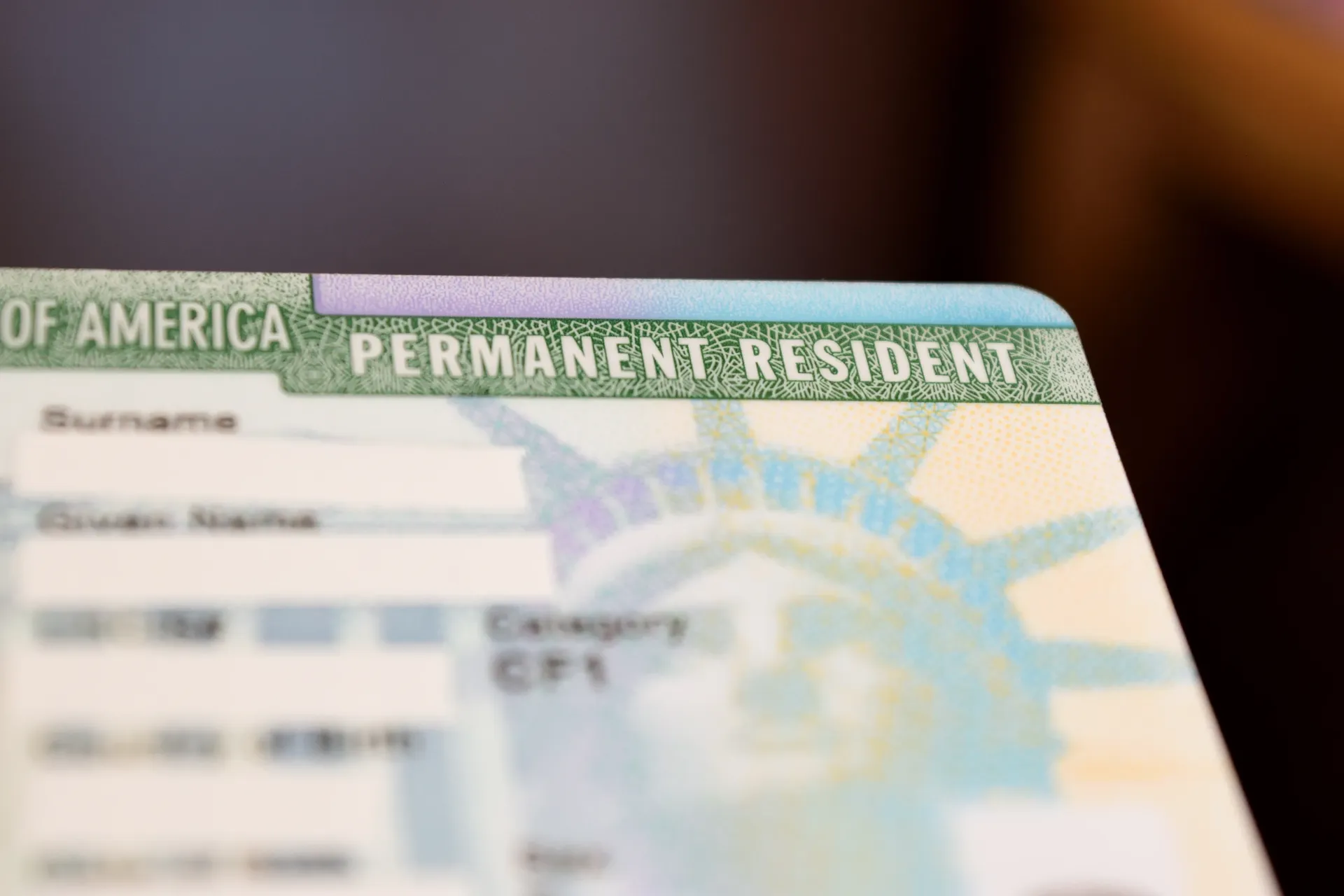Navigating the Path to Reunification: A Comprehensive Guide to I-130 Family Based Petitions
Navigating the Path to Reunification: A Comprehensive Guide to I-130 Family Based Petitions
Family is at the core of many people's lives, and the United States recognizes the importance of keeping families together. The I-130 Family Based Petition is a crucial immigration process that allows U.S. citizens and lawful permanent residents to sponsor certain family members for lawful permanent residency in the United States. In this comprehensive guide, we will delve into the intricacies of the I-130 petition, its requirements, the application process, and what to expect once your family member receives lawful permanent residency.
What is an I-130 Family Based Petition?
The I-130 Family Based Petition, formally known as the "Petition for Alien Relatives," is a key component of the U.S. immigration system. It allows U.S. citizens and lawful permanent residents (LPRs) to petition for certain family members to join them or obtain lawful permanent residency in the United States. This is a powerful tool for reuniting families and keeping them together.
Eligible Relationships
I-130 petitions can be filed for the following family members:
- Immediate Relatives of U.S. Citizens: This category includes spouses, unmarried children under 21, and parents (if the U.S. citizen is at least 21 years old).
- Family Preference Categories: These include more distant family relationships such as unmarried adult children (F1), married children (F3), and siblings (F4) of U.S. citizens, as well as spouses and unmarried children of lawful permanent residents (F2A and F2B, respectively).
The Application Process
Filing an I-130 Family Based Petition involves several steps:
- Petitioner's Filing: The U.S. citizen or LPR (the petitioner) must complete Form I-130 and submit it along with the required documentation and the appropriate filing fee. The petitioner must demonstrate their U.S. citizenship or LPR status and the qualifying relationship with the beneficiary.
- Filing Fee: The filing fee associated with Form I-130 is $535. However, fees are subject to change, so it's essential to check the U.S. Citizenship and Immigration Services (USCIS) website for the most current fee information.
- Submission of Supporting Documentation: Along with Form I-130, you will need to submit various supporting documents, such as proof of the qualifying relationship, proof of the petitioner's U.S. citizenship or LPR status, and any required translations and certifications.
- Adjudication Process: USCIS reviews the I-130 petition, and if it is approved, they will send a notice of approval to the petitioner.
- Consular Processing or Adjustment of Status: The next steps depend on the beneficiary's location and visa availability. If the beneficiary is outside the U.S., they will undergo consular processing at a U.S. embassy or consulate. If the beneficiary is already in the U.S., they may be eligible to apply for adjustment of status.
Important Considerations
- Visa Bulletin: Family preference categories are subject to visa limitations, and the wait times can vary. The Visa Bulletin, published monthly by the U.S. Department of State, provides information on visa availability for each preference category.
- Concurrent Filing: In some cases, beneficiaries may be eligible to concurrently file Form I-485 (Application to Register Permanent Residence or Adjust Status) along with the I-130 petition.
- Filing for Derivative Beneficiaries: Spouses and unmarried children under 21 of the primary beneficiaries may be eligible to receive derivative benefits when the primary beneficiary's petition is approved.
Conclusion
The I-130 Family Based Petition is a vital avenue for reuniting families in the United States. Understanding the eligibility requirements, filing process, and important considerations is essential for a successful petition. If you are considering filing an I-130 petition, consult with an immigration attorney or seek guidance from the USCIS website to ensure that you follow the latest guidelines and requirements.
Bringing your family members to the United States through the I-130 process can be a rewarding experience that strengthens family bonds and creates new opportunities for your loved ones in the land of opportunity.
Wheeler Law is available to answer any other questions you may have, and/or help you take the next steps to your, or your loved ones, future. Wheeler Law works hard to defend your legal rights and keep families together. Call us now to schedule a consultation: (602) 586-5625.
Follow us on
social media for more tips about Family-Based Petitions.









